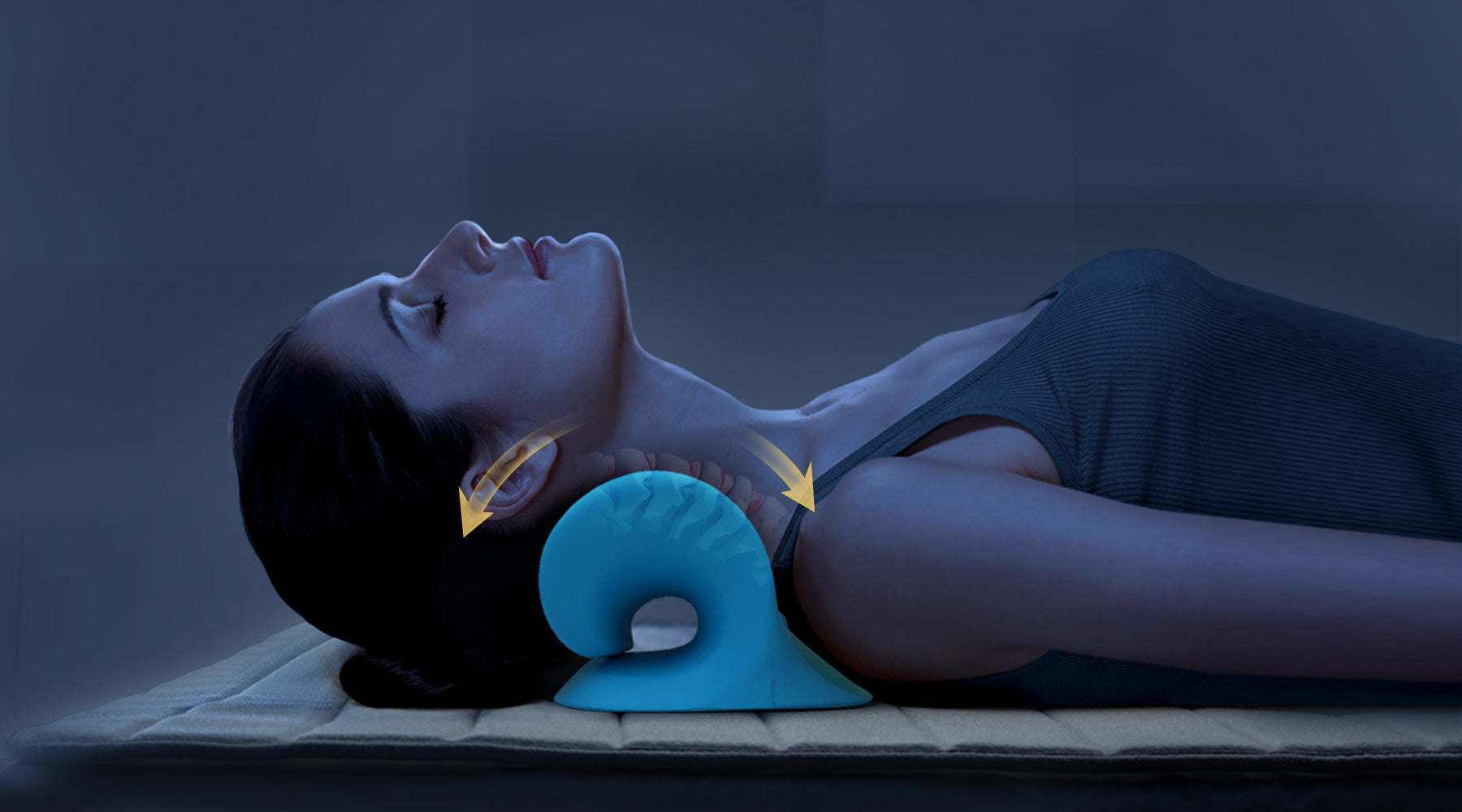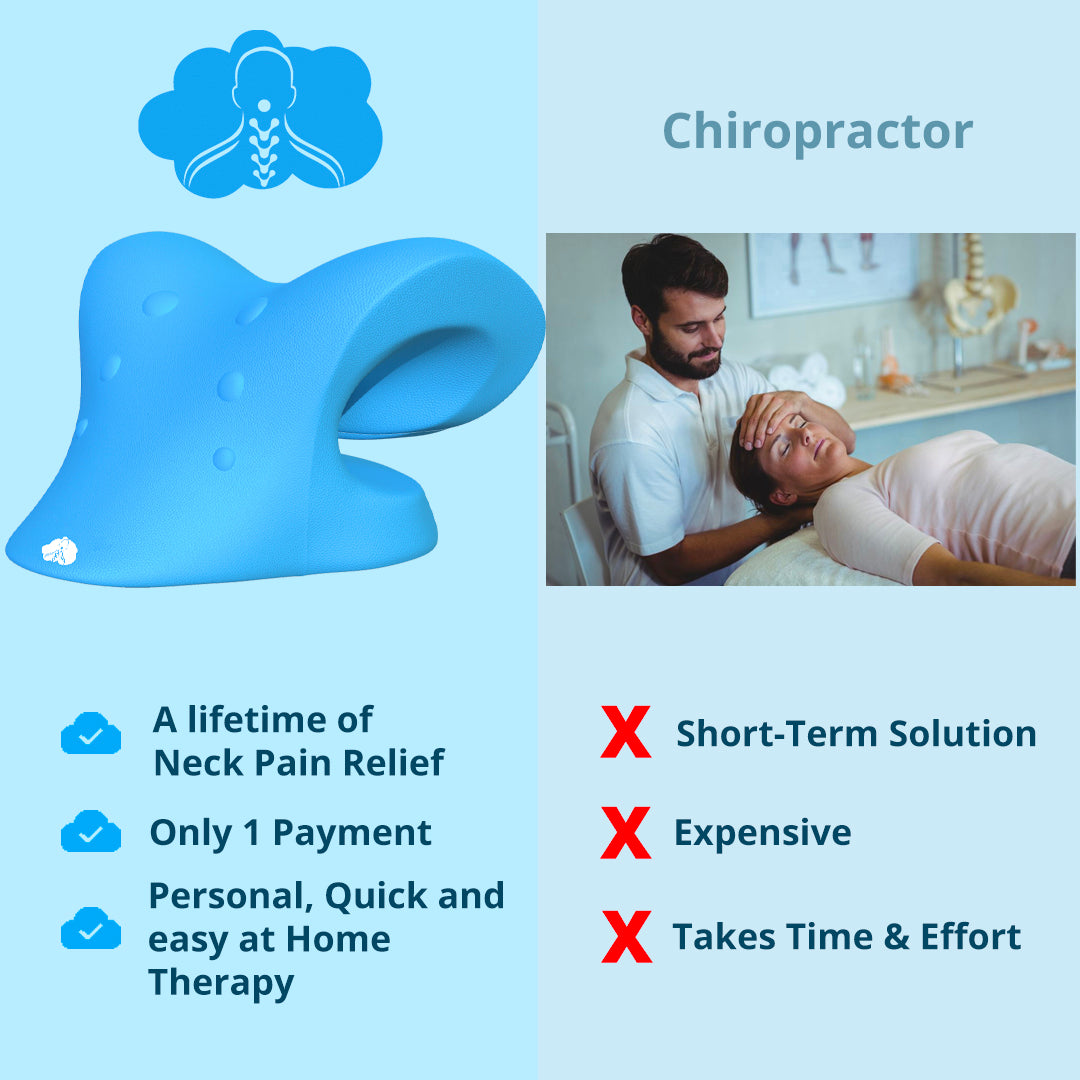The Influence of Anxiety on Neck Pain: Approaches for Minimizing Stress and Pain
In today's fast-paced world, it's no trick that tension has ended up being a common element in the onset and exacerbation of neck discomfort. Join us on a journey to decipher the influence of anxiety on neck discomfort and discover efficient methods to relieve discomfort and enhance general high quality of life.
Comprehending Stress-Related Neck Discomfort
Stress-related neck pain can materialize as stress, rigidity, or pain in the neck and shoulder location. The link between anxiety and neck discomfort exists in the body's physical action to tension, which can result in muscle mass tension and rigidity in the neck muscular tissues.

Identifying Common Stress Locations
One typical tension area is the neck, where anxiety frequently materializes physically. Tension migraines, tight neck muscles, and limited array of activity are common symptoms of stress-related neck tension. Being mindful of these usual tension areas can help individuals recognize the physical indicators of tension and take actions to address them before they intensify right into chronic pain or discomfort.
Applying Leisure Strategies
Leisure methods are beneficial tools for minimizing neck pain triggered by stress and anxiety. In addition, activities like yoga exercise and tai chi include both physical movement and leisure, making them reliable practices for lowering stress and neck pain. By including these relaxation techniques into your everyday regimen, you can help handle stress and anxiety levels, minimize stress in the neck, and reduce pain connected with stress-induced neck discomfort.
Including Self-Care Practices
Integrating self-care practices is vital for maintaining total well-being and managing stress-related neck discomfort successfully. Participating in regular physical their website task, such as mild extending exercises or yoga exercise, can assist alleviate stress in the neck and shoulders. Exercising excellent pose throughout the day and taking regular breaks from long term resting or display time can additionally stop pressure on the neck muscular tissues.
Furthermore, prioritizing adequate sleep and establishing a constant sleep regimen can add significantly to reducing tension levels and promoting leisure. Producing a relaxing going to bed routine, such as reading a book or taking a cozy bathroom, can assist prepare the body and mind for relaxing sleep. Additionally, keeping a balanced diet plan abundant in nutrients and staying hydrated can sustain total health and wellness and minimize inflammation that may exacerbate neck discomfort.
Including mindfulness methods, such as deep breathing workouts or reflection, can aid handle anxiety and promote leisure. Requiring time for oneself, participating in pastimes, and setting borders to shield individual time are also click for more important facets of self-care that can add to minimizing tension and easing neck pain.
Looking For Expert Help
Exactly how can individuals effectively address consistent neck pain that is influencing their day-to-day live and well-being? Looking for professional assistance next can be a critical step in handling and easing neck pain. Consulting with health care experts such as chiropractic doctors, physical therapists, or orthopedic professionals can supply useful insights and customized treatment plans. These professionals can perform detailed assessments to identify the underlying root causes of neck pain and suggest proper interventions.
Chiropractors specialize in spine control techniques to improve placement and decrease stress in the neck location. Physiotherapists provide targeted workouts and stretches to reinforce muscle mass, improve adaptability, and boost general neck feature. Orthopedic professionals can give advanced clinical interventions such as injections or medical choices for serious situations of neck pain.
Conclusion

Stress-related neck pain can materialize as stress, rigidity, or pain in the neck and shoulder area. The link between stress and anxiety and neck pain lies in the body's physiological feedback to anxiety, which can result in muscle stress and rigidity in the neck muscle mass. Stress migraines, rigid neck muscle mass, and restricted variety of movement are common symptoms of stress-related neck tension. By incorporating these relaxation methods into your daily regimen, you can assist handle tension degrees, minimize tension in the neck, and minimize discomfort associated with stress-induced neck discomfort.

Comments on “Neck Cloud: Ingenious Assistance for Discomfort Alleviation and Better Posture”